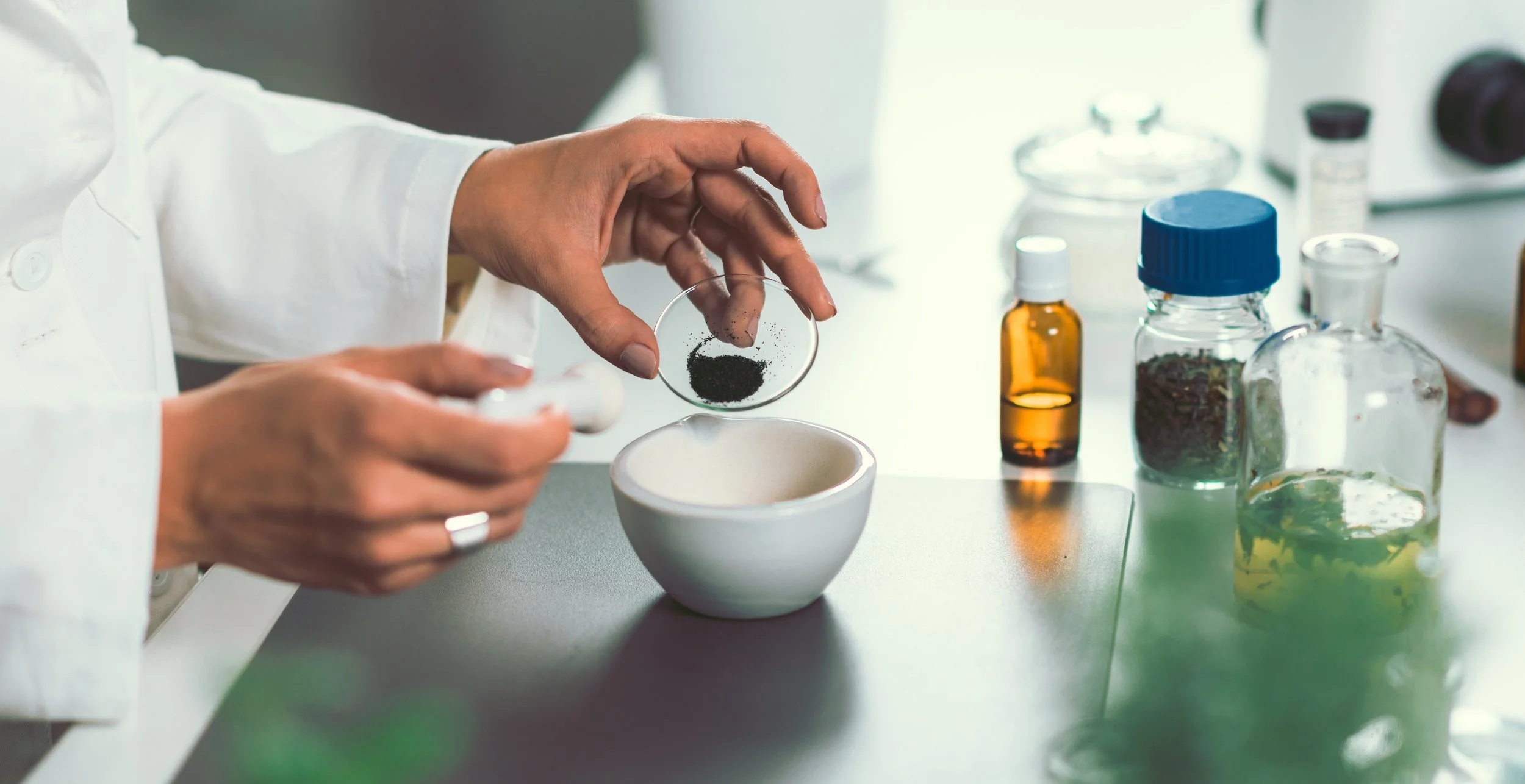Homeopathy
What is homeopathy?
Homeopathy is a holistic form of healing and as such it takes into account all aspects of an individual and their symptoms. Based on these specific symptoms, the most appropriate ‘medicine’ or ‘remedy’ is matched to each patient with the aim of stimulating the body’s own natural healing system.
The History
Homeopathy is based on the principle of treating ‘like with like’, a principle which dates right back to Hippocrates (460-377BC).
In the late 18th century Samuel Hahnemann, a German physician, took this same principle and began experimenting on himself and a group of healthy volunteers, by administering smaller and smaller medicinal doses. He believed from his observations that not only did smaller doses reduce toxicity but that they also appeared to be more effective the lower the dose. He also observed that symptoms caused by toxic medicines were similar to those of the diseases they were being used to treat: e.g. quinine for malaria and mercury for syphilis, which lead to the principle he described as ‘like cures like’.
What to expect at your first appointment?
First appointments allow the time for a thorough in-depth case-taking, and this can often be a cathartic and beneficial process in and of itself. Through careful questioning and by allowing patients the time to describe their situation and symptoms fully, a complete picture is built up and a homeopathic remedy prescribed, carefully chosen to cover that unique set of symptoms.
First appointments will typically take at least two hours in order for this process to unfold in a way that is relaxed and unpressured; there are no rigidly held time limits hence appointments are as long as they need to be in order for both patient and practitioner to feel they have covered all aspects that are important to them.
Follow up appointments
Follow up appointments are usually four to six weeks after the first although this may vary according to patient needs. Telephone and email contact is always encouraged between appointments so that patients can discuss any queries or concerns as and when they arise. A follow up consultation involves reviewing the changes patients have experienced from taking the homeopathic remedy in order to decide upon the best course of action to follow. This may be a repeat of the same remedy, a prescription of a different remedy or even a break from either. Follow up appointments also allow patients the opportunity to discuss any issues they may have forgotten to mention or perhaps didn’t feel comfortable mentioning at their first appointment. Where appropriate, a Reiki treatment may be suggested either between appointments or as an alternative follow up appointment as the combined effect of Homeopathy and Reiki can really enhance the overall healing process.
The Society of Homeopaths
The Society of Homeopaths is the largest organisation registering homeopaths in the UK and has been accredited by the Professional Standards Authority. It was founded in 1978 to forward the development of the profession and thus provide high quality homeopathic health care for all. Part of its fulfillment of this aim has been the development and maintenance for public use of a Register of Homeopaths who practice to the standards required by The Society, and abide by the Society’s Code of Ethics and Practice.
What do the letters RSHom mean?
The designation RSHom means Registered with The Society of Homeopaths and is your guarantee of a well-trained, registered and insured healthcare professional. Registered Members of The Society of Homeopaths (RSHom) complete rigorous training (normally three years full time or four years part time) with one of The Society’s recognised course providers, which includes supervised clinical practice. During their first year on the Register, they then engage in a programme of continuing professional development (CPD) and complete a CPD portfolio.
“From the moment I arrived I knew I had made the right choice. Karen puts you at ease and makes you feel that you are finally being listened to and that you matter.”



